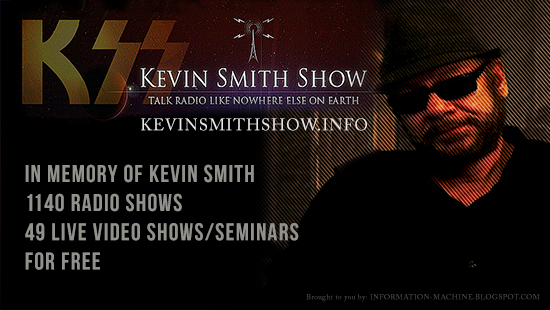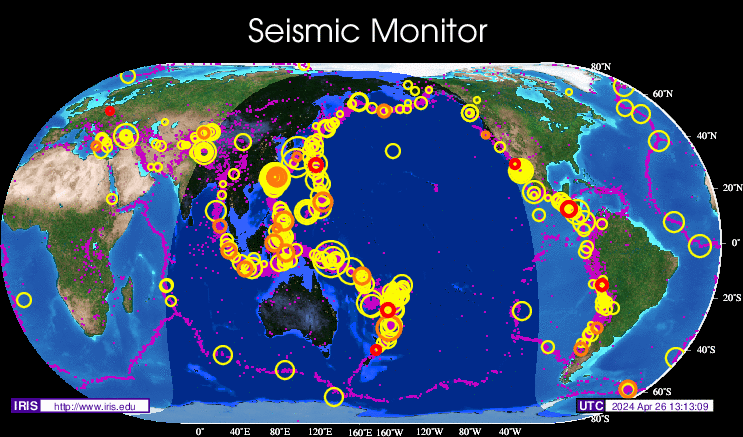Description:
Logan Duvall and Dr. Jack Kruse explore the multifaceted concept of time, its biological implications, and its relationship with health, particularly in the context of cancer. They discuss how timing influences cellular function, the unique nature of time in decentralized systems like Bitcoin, and the broader implications of timing in human development and health. The conversation emphasizes the importance of understanding time as a relative and complex phenomenon that affects various aspects of life, including health, disease, and even agriculture.
Dr. Kruse delves into the intricate relationship between light, biology, and health. They discuss how environmental factors influence biological responses, the significance of light frequencies emitted by mitochondria, and the complexities surrounding the use of lithium in treatment. The conversation emphasizes the importance of understanding the timing and quality of light in relation to health and disease, highlighting the need for a nuanced approach in decentralized medicine.
Summary:
The interview presents a dialogue between a host, a farmer concerned about his son’s cancer diagnosis, and Dr. Jack Kruse, who discusses the biological implications of time, particularly in relation to health, disease, and decentralized medicine. The discussion centers on how timing governs biological systems and its connection to light, water, and magnetism, with implications for cancer and overall health.
Key points include:
• Definition of Time: Dr. Kruse defines time as the "rhythm of the cosmos," synchronizing light, water, and magnetism to support life. He describes it as relative, influenced by Earth's rotation, solar cycles, and environmental factors, forming a "three-legged stool" (light, water, magnetism) critical for cellular function. Misaligned timing disrupts this balance, impacting health.
• Time and Biology: Time operates on macro (circadian biology), micro, and nano scales, affecting cellular processes. Kruse explains that biological time is relative, unlike the absolute time in systems like Bitcoin, which uses fixed 10-minute blocks to ensure causality and immutability. In biology, relative time rejects cause-and-effect, relying instead on probability, which explains unpredictable disease occurrences like cancer.
• Mitochondria and Time: Mitochondria act as biological "time machines," with their function tied to timing at the quantum level. Disruptions in light, water, or magnetism (e.g., due to environmental factors or pollutants) alter mitochondrial timing, increasing heteroplasmy (mitochondrial DNA mutations), which can lead to diseases like cancer. Kruse uses the analogy of a "photonic zip code" to describe tissue-specific timing issues, such as in Wilms tumor or Parkinson’s.
• Cancer as a Timing Phenomenon: Kruse links cancer to timing disruptions, where environmental factors (e.g., blue light, pollutants like SV40, or deuterium) alter tissue optics and mitochondrial light emission, accelerating disease progression. He cites examples like Frank Zappa’s aggressive prostate cancer versus slower cancers, attributing differences to timing variations in cellular processes.
• Light and Tissue Optics: Light, particularly at small scales (atto- and femto-levels), is immensely powerful and influences timing. Photons, which experience no time until interacting with matter, affect cellular processes via absorption/emission spectra. For instance, vitamin A and D, linked to brain and skin, maintain timing through quantum entanglement, but artificial light (e.g., blue light) disrupts this, potentially causing diseases.
• Signal-to-Noise Ratio: Drawing on Shannon’s information theory, Kruse explains that health relies on a high signal-to-noise ratio, where coherent mitochondrial light (narrow frequency) supports proper function. Disease states, like cancer, produce excessive, incoherent light (noise), disrupting this balance. Environmental factors like pesticides or artificial light increase noise by altering tissue refraction.
• Decentralized Medicine: Kruse critiques conventional medicine’s linear, cause-and-effect approach, which ignores time’s relativity. He advocates for a decentralized framework that considers quantum timing, tissue optics, and environmental impacts, enabling better disease management by addressing root causes like light exposure or mitochondrial dysfunction.
• Practical Implications: Kruse connects farming to biology, noting that crops like sweet potatoes or cabbages have unique photosynthetic timing, akin to organ-specific timing in humans. He emphasizes that food grown in natural sunlight retains more "time" (bio-photons), enhancing health, unlike processed foods or those grown under artificial light.
• Reversing Time: Healing, such as recovering from cancer, is likened to reversing time by restoring proper light, water, and magnetism interactions to reduce entropy and heteroplasmy. Kruse suggests that understanding these principles can extend lifespan and improve outcomes, as seen in the host’s efforts to help his son.
The discussion underscores the profound role of time in biology, urging a shift from centralized medical models to a decentralized approach that integrates light, timing, and quantum biophysics to address diseases like cancer and promote health.
The discussion underscores the profound role of time in biology, urging a shift from centralized medical models to a decentralized approach that integrates light, timing, and quantum biophysics to address diseases like cancer and promote health.
























